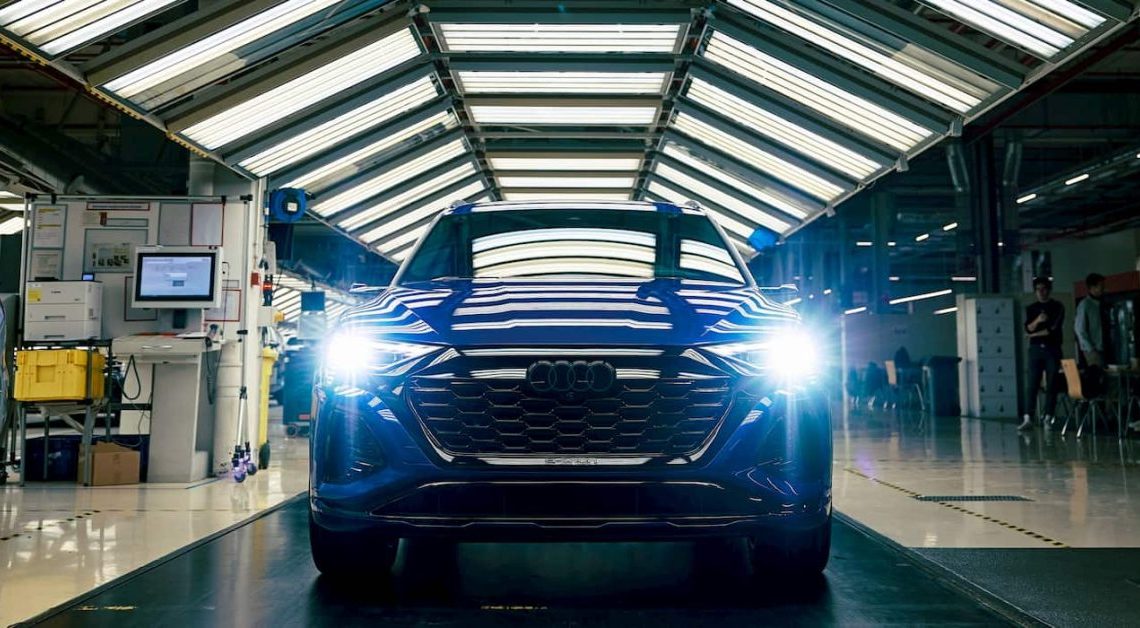
Following the news of sweeping cuts at Volkswagen, Nissan, and Stellantis, now VW-owned Audi announced plans to slash its workforce by 15%, with thousands of jobs on the chopping block.
After sweeping layoffs at Volkswagen numbering in the tens of thousands, other jobs within the VW Group are getting the axe, with Audi reportedly considering a dramatic staff reduction to cut costs.
German media Manager Magazin, as per Reuters, reported on the news, adding that Audi plans to safeguard production line positions and focus on “indirect” jobs, such as those in development.
That means 2,000 jobs are on the line, with reductions in other parts of the business trimming off 4,500 people in total from the payroll, according to the report.
Last month, Volkswagen – which currently has 10 plants and 300,000 employees in Germany –reported its plan to close three German plants, the first time in the company’s 87-year history that it is closing factories on its home turf. The plan includes cutting tens of thousands of jobs and slashing pay for 10% of its remaining staff.

Audi slashing thousands of jobs in Europe
The carmaker also said it would officially close its Audi plant in Brussels where it makes soon-to-be-retired Audi Q8 E-Tron – an €80,000 electric SUV that suffered from low sales – in a few months. The company announced that it will close the factory on February 28, 2025, with 3,000 workers losing their jobs in the Brussels area.
Audi said that it is in talks with workers’ representatives, but declined to confirm the number of layoffs, Reuters reports.
Audi’s third-quarter sales figures showed a 21% drop in US deliveries to 46,752 units, with almost every model Audi makes showing a dip – except for the e-tron GT EV, which saw a 5% bump to a very modest 673 units, and the Q3 SUV, which saw a 36% increase to 7,422 units.
Things are getting particularly brutal over at Nissan, which is selling part of its stake in Mitsubishi, slashing production capacity, and laying off 9,000 employees.
Back in the US, Stellantis is laying off 1,100 employees from its Toledo Assembly Complex.
Germany, Europe’s largest auto market, is particularly feeling the heat, with a recent study estimating 186,000 jobs could be lost over the next decade as automakers fumble with the transition to EV production. So far, 46,000 autoworkers have lost their job in the country.
It’s grim news, but experts say that the opportunity for new job creation is ripe with potential, as long as Europe remains competitive to still attract investments, reported Euronews. Working against Europe is its high energy costs, which can be up to four times higher than in China and the US. EU tariffs on Chinese-made EVs could also drive up prices and spark tensions, cites the German Association of the Automotive Industry (VDA), according to Euronews.
Of course, not everyone sees it that way: The NGO Clean Transport argues that tariffs are beneficial, in the short term at least, giving the EU auto sector a chance to catch up during the transition.
Author: Jennifer Mossalgue
Source: Electrek



